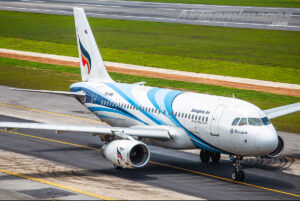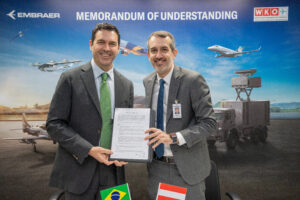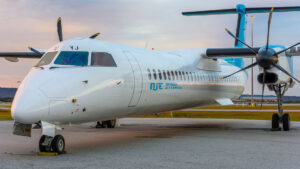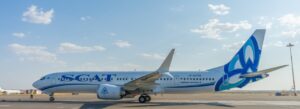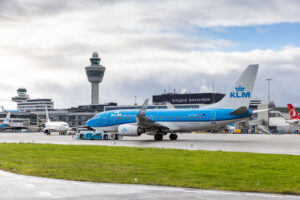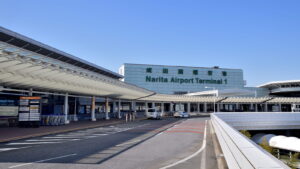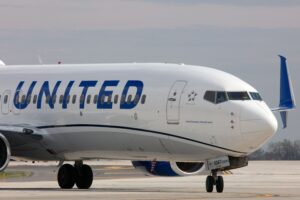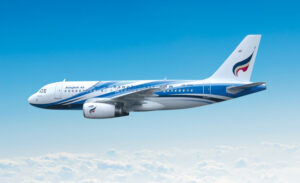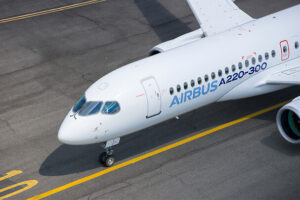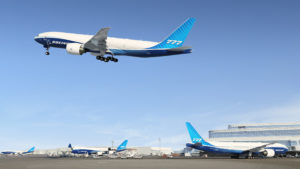Etihad Airways has announced its financial and operating results for 2020, recording a 76% fall in passengers carried throughout the year (4.2 million, compared to 17.5 million in 2019) as a result of lower demand and reduced flight capacity caused by the unparalleled global downturn in commercial aviation.
As a consequence of the COVID pandemic and ensuing flight and travel restrictions, total passenger capacity was reduced by 64% in 2020 to 37.5 billion available seat kilometers (ASKs), down from 104 billion in 2019, with the seat load factor declining to 52.9%, 25.8 percentage points lower compared to 2019 (2019: 78.7%).
The airline recorded US$1.2 billion in passenger revenues in 2020, down by 74% from US $4.8 billion in 2019, due to fewer scheduled services and drastically fewer people travelling. A contributing factor to this was the total suspension of passenger services into and out of the UAE from end of March until early June 2020 to limit the spread of COVID, in line with a UAE government mandate. More than 80% of total passengers carried in 2020 were flown during the first three months of the year, demonstrating the precipitous drop in demand as the global crisis deepened over the course of the year.
The airline’s cargo operation, on the contrary, recorded an extremely strong performance, with a 66% increase in revenue from US$0.7 billion in 2019 to US$1.2 billion in 2020, driven by huge demand for medical supplies such as Personal Protective Equipment (PPE) and pharmaceuticals, paired with limited global airfreight capacity. Cargo yield saw an improvement of 77%.
Operating costs meanwhile decreased by 39% year-on-year, from US$5.4 billion in 2019 to US$3.3 billion in 2020, due to a combination of reduced capacity and volume-related expenses, as well as a focus on cost containment initiatives. Overheads reduced by 25% to US$0.8 billion (2019: US$1.0 billion) in this timeframe, despite their fixed nature, owing to cash and liquidity management initiatives during the crisis, while the finance cost reduced by 23% through an ongoing focus on balance sheet restructuring.
Overall, this resulted in a core operating loss of US$1.70 billion (2019: US $0.80 billion) in 2020, with the EBITDA turning to negative US$0.65 billion (2019: positive US$0.45 billion).
Learn more on how AviTrader can expand your market
Please contact

Tamar Jorssen
Vice President Sales & Marketing
+1.778.213.8543
[email protected]
Mailing Address
AviTrader Publications Corp.
Suite 305, South Tower
5811 Cooney Road
Richmond, BC V6X 3M1
Canada
[email protected]
Mailing Address
AviTrader Publications Corp.
Suite 305, South Tower
5811 Cooney Road
Richmond, BC V6X 3M1
Canada



